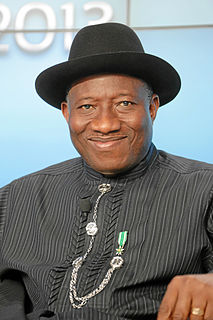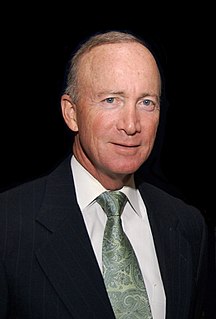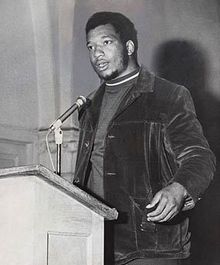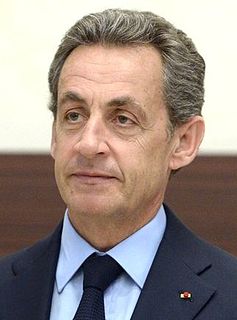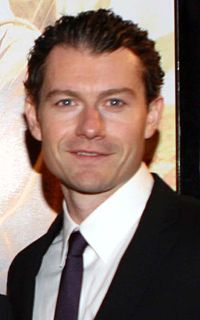A Quote by Dinesh D'Souza
The people who have wealth and the people who earn money are going to be a little reluctant to part with it, particularly if they earned it fair and square. So, what has to happen is that there has to be a drumming in of a critique that causes shame, a sense of look, my country and even I am in possession of stolen goods you might say and therefore, the government becomes the instrument to get some of those back.
Related Quotes
It's time for the wealthy to pay their fair share before the middle class becomes the forgotten class.- And it's time for the banks to give back what they were given. There are those in politics, particularly those on the conservative side, who can't get enough of telling people that the wealthy one per cent must not be taxed because doing so kills jobs. The real job-killers are corporate greed and political expediency. It's time for working people in Maine and all across the country to take back the American dream.
When you talk about the oil wealth you compare nations. There are some nations with less than five million people. Nigeria has 150 million people. I cannot say that all the money earned from oil since 1958, when the first drop of oil was exported from this country to date, that the money has been effectively used.
We're now moving into a stage where the green economy isn't just going to be the place for people to spend money. It's going to become a place where a lot more people can earn money, and also save more money. These kind of solutions require collective action and government action. So as an advocate for government change, even somebody like me gets to have a role.
We must, therefore, emphasize that 'we' are not the government; the government is not 'us.' The government does not in any accurate sense 'represent' the majority of the people. But, even if it did, even if 70 percent of the people decided to murder the remaining 30 percent, this would still be murder and would not be voluntary suicide on the part of the slaughtered minority. No organicist metaphor, no irrelevant bromide that 'we are all part of one another,' must be permitted to obscure this basic fact.
By deriving it's just powers from the governed, government becomes primarily a mechanism for defense against bodily harm, theft, and involuntary servitude. It cannot claim the power to redistribute money or property nor to force reluctant citizens to perform acts of charity against their will. Government is created by the people. No individual possesses the power to take another's wealth or to force others to do good, so no government has the the right to do such things either. The creature cannot exceed the creator.
It’s a revolution. But it’s the sort of revolution that no one will notice. It might get a little shadier. Buildings might function better. You might have less money to earn because your food is all around you and you don’t have any energy costs. Giant amounts of money might be freed up in society so that we can provide for ourselves better. So it’s a revolution. But permaculture is anti-political. There is no room for politicians or administrators or priests. And there are no laws either. The only ethics we obey are: care of the earth, care of people, and reinvestment in those ends.
I think the more you have a generalist perspective, I think sometimes the more you can kind of see through the forest and the trees. And when it gets a little bit cloudy, you know, have some sense of, "Well, maybe this might happen or maybe that might happen." So I really am a big believer in liberal arts education. I think it's better - particularly in these kind of uncertain times - to know a little bit about a lot of things as opposed to being expert in one thing.
If I were a candidate for running, I'd say, "Look at what the economy has done." It's strong. We've created a lot of jobs. I'd be telling people that the Democrats will raise your taxes. I'd be reminding people that tax cuts have worked in terms of stimulating the economy. I'd be reminding people there's a philosophical difference between those who want to raise taxes and have the government spend the money, and those of us who say, "You get to spend the money the way you want to see fit. It's your money."
These stunt guys are good at what they do and they're professional. A smart actor will step back and say, "I'm going to let the professionals do this." Hats off to those guys, man. When you see the credits scroll, look at all those stunt guys and remember all those names 'cause they earned their money on this.
This is not to say that the government should confiscate from the "haves" and bestow upon the "have-nots", beyond the requirements of a compassionate welfare program to provide for those who cannot provide for themselves. Far from it. But it is to say that our duty is to foster a strong, vibrant wealth-producing economy which operates in such a way that new additions to wealth accrue to those who presently have little or no ownership stake in their country.



